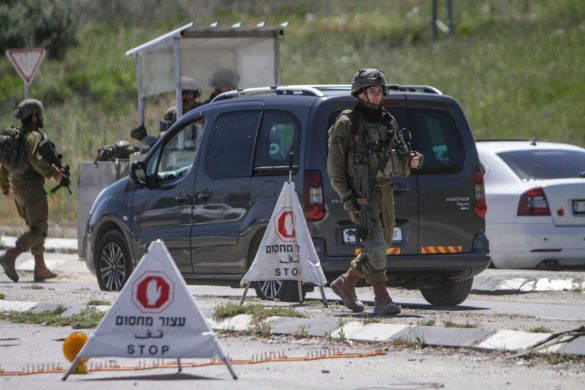Et kollektiv af unge aktivister producerer videoer, der beskæftiger sig med tabu-belagte emner som f.eks. seksuel tortur. Videoerne bliver udgivet på Youtube og kollektivets kanal. Aktivisterne håber at kunne påvirke landets mainstream-medier.
As Egypt nears its one-year anniversary of rule under President Mohamed Morsi, a group of filmmakers and activists seeks to challenge the dominant narrative about the country’s revolution reports International Media Support.
“Nothing has changed and many people still believe that we are in some kind of post-revolutionary phase where we are testing democracy. But that is not the case,” says Philip Rizk, a 31-year-old independent filmmaker and activist who is part of the Mosireen activist collective.
Based in Downtown Cairo and crowdfunded by individual online donations, Mosireen offers its workspace with equipment and video editing tools to anyone interested in supporting citizen media.
The collective of predominantly young people publishes its videos on its YouTube channel, one of the most watched non-profit channels in the world.
Thinking outside the common narrative
Mosireen’s most recent video deals with the issue of sexual torture, a widespread practice according to Egyptian human rights groups. Through interviews with victims the video tells not only of the acts themselves, and how it ruins the lives of those who step forward to talk about. Just as importantly, the video also serves as reminder of how ‘nothing has changed’ since Egypt’s revolution began in early 2011, says Philip Rizk:
“Sexual torture is an old strategy. It happened under Mubarak, and it’s happening now,” he says.
“Some of the people we interviewed for this video also appeared in the mainstream media. But there the story is framed as a singular incident. As something remarkable.
“This video is a reminder to force people to think outside of the common narrative. That’s what we’re trying to do at Mosireen.”
Se videoen om seksuel tortur herunder. Videoen er på arabisk, men man kan vælge at få engelske undertekster på.
Driven by agenda
Mosireen’s attempts at challenging the dominant narrative around Egypt’s revolution started in the wake of Hosni Mubarak’s fall from power on 11 February 2011 when the collective was founded.
Acknowledging its position as a group which seeks to bring about social justice, and to ‘improve society’, Mosireen is aware of its own agenda and what it wants to promote.
“All media are driven by agenda. Our agenda is to further the revolution,” says Philip. “We’re not saying we are an objective organ.”
“At the end of the day this revolution is about people on the street, and Mosireen is just supporting that,” Philip says. “When people accumulate on the streets spontaneously, that’s the most powerful thing, so we don’t try to drive that forward actively. Rather, we try to push the narrative of mainstream media.”
Exploring the link between activism and media
Mosireen is not alone in its attempts to push for change in the midst of Egypt’s revolution. Grassroots campaigns like Kazeboon and No to Military Trials and several citizen and community media all try to influence public discussion and change mainstream journalism.
In a one-day seminar in Cairo on Tuesday 26 June, IMS and Mosireen are exploring the relationship between such campaigns and alternative media initiatives and corporate media journalism.
With activists, journalists and academia on the panel, the seminar investigates how the narratives and agendas of the mainstream corporate media undergo change when they are challenged by initiatives like Mosireen, how new media initiatives help journalists face the challenges of their work, how activists adapt to the Egypt’s changing media scene after the revolution began, and how audiences are engaging with new forms of media.
Mosireens Youtubekanal: http://www.youtube.com/user/Mosireen















